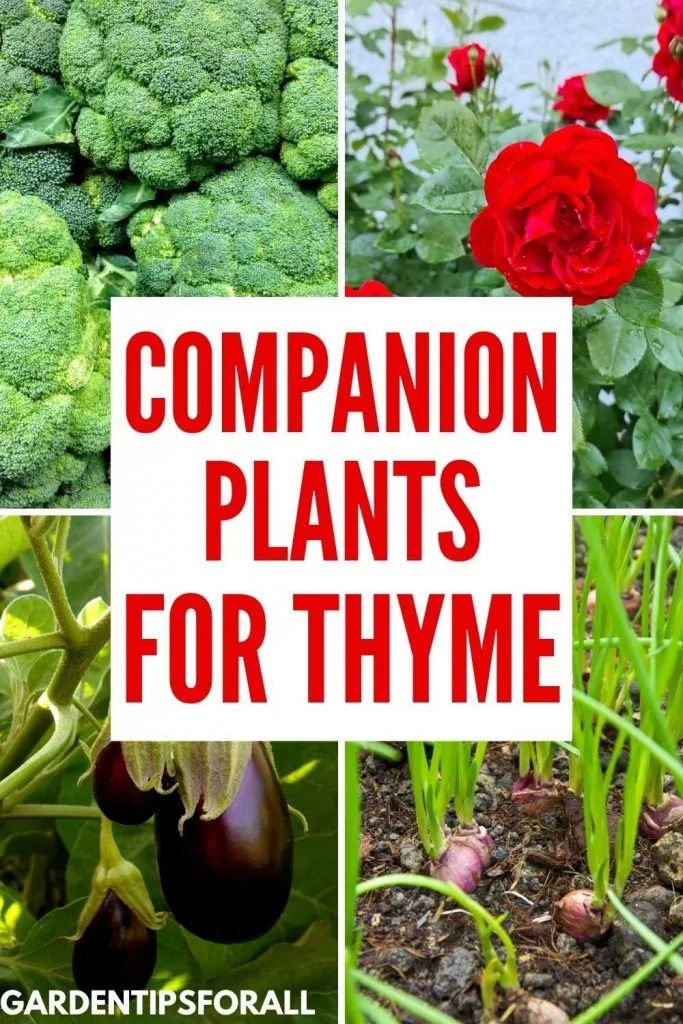15 Best Companion Plants for Thyme (What Grows Well with Thyme?)
There are several good companion plants for thyme and today, we are discussing what to plant with thyme and what not to plant with thyme.
Many herbs make great companion plants for your vegetable and flower garden.
This is mainly due to the fact that several herbs have a pungent scent that can inhibit damaging insects. The pungent smell can even help to deter herbivores such as deer and mice that are known to invade gardens for a quick snack or a full meal.
Thyme is one of those herbs that make an excellent companion for many of the plants in your garden and when harvested can add tons of flavor to many dishes.
Thyme is an evergreen herb that is a member of the mint family. The leaves of this herb grow in clusters on thin stems. Thyme is easy to grow because it is both heat and drought tolerant.

Related Articles:
- What to Grow with Rosemary
- What to Grow with Mint
- What to Grow with Basil
- What to Grow with Sage
- What Can I Plant with Oregano?
What to Plant with Thyme – 15 Good Thyme Companion Plants
When thyme is used as a companion for plants in your garden it normally provides benefits for the plant it is paired with. Here are some plants that thyme pairs well with.
Potatoes
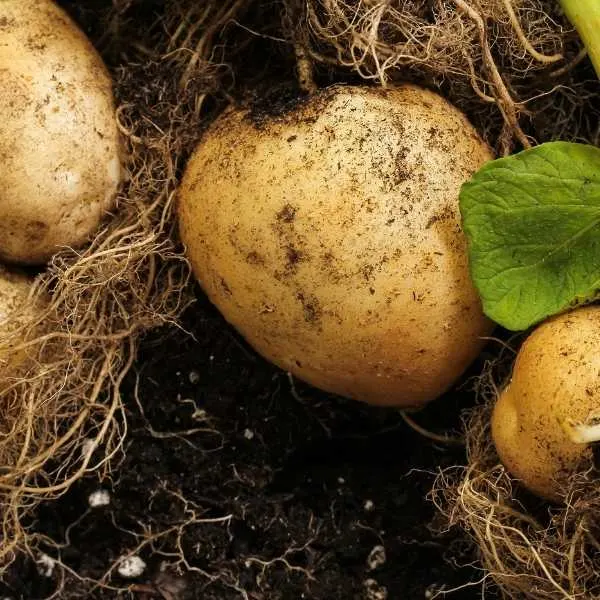
Thyme is known to be an herb that attracts parasitic wasps. These wasps will prey on potato beetles, which can attack your potato crop. Thyme also can improve the flavor of your potatoes.
Interestingly enough, potatoes and thyme also make a great pair cooked together.
Shallots
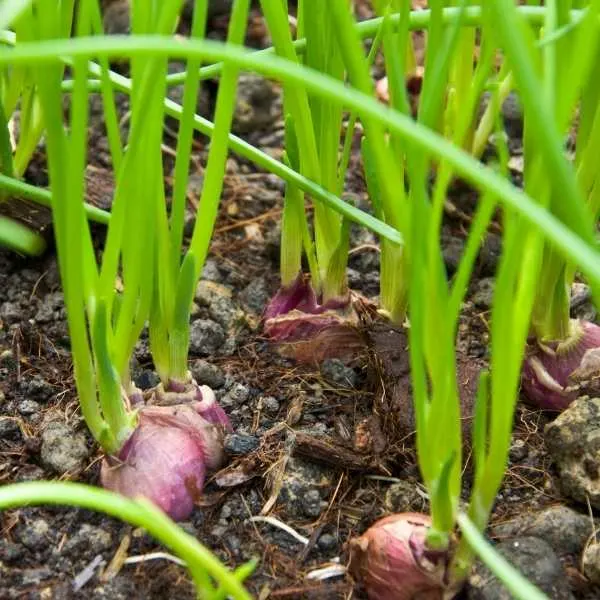
Shallots have an onion-like scent and flavor. When shallots are paired with thyme in your garden the thyme may well enhance the flavor of the shallots.
Tomatoes
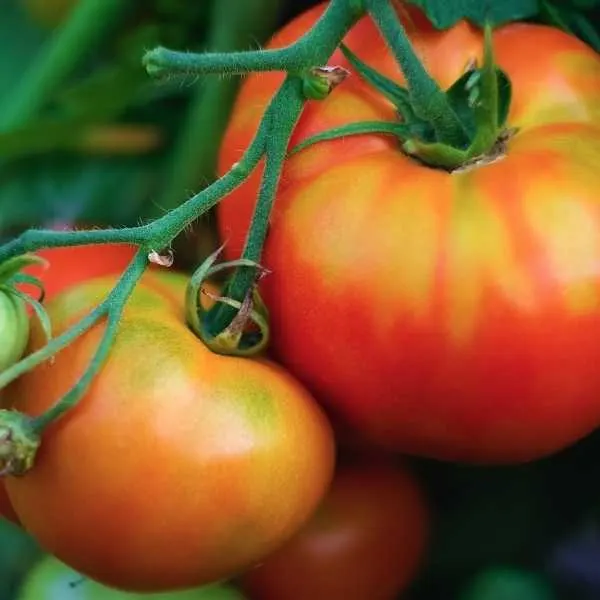
When thyme is planted as a companion to tomatoes, it can work much like a pesticide, preventing hornworms from destroying your tomato plants. In addition, thyme also enhances the flavor of your tomatoes.
Strawberries
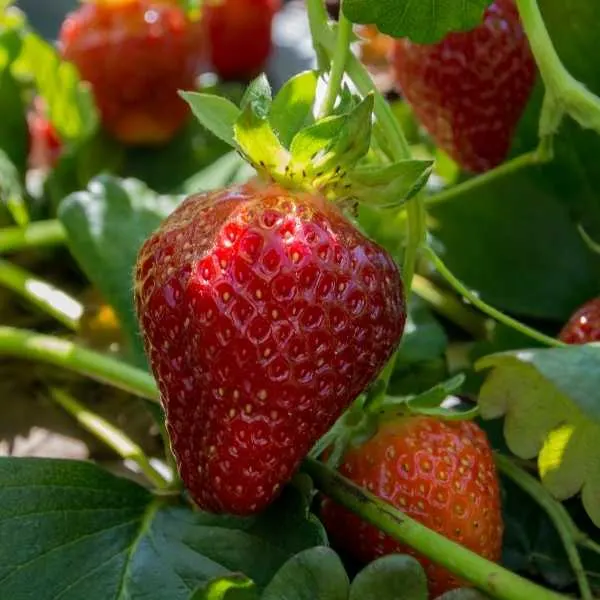
Thyme can be beneficial to your strawberry plants. When thyme is planted between your strawberry plants, it can smother weeds that would choke your berries and it also discourages pests from feeding on the berries.
Eggplants
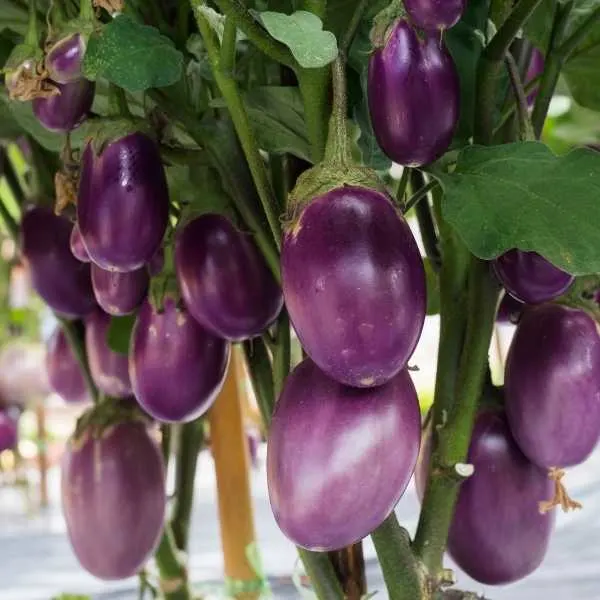
Thyme’s pungent scent is an excellent determent to garden moths that wreak havoc on your eggplants.
Roses
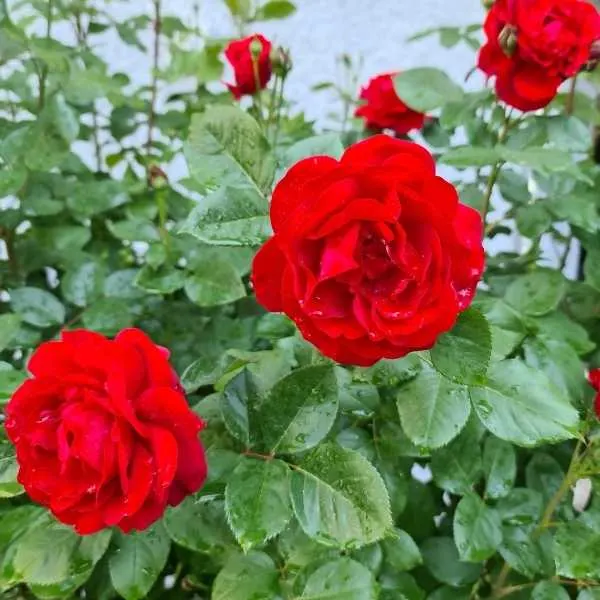
If you grow roses you want to keep your roses looking their best. Planting thyme as a companion to your roses allows the thyme to act as pesticide against aphids and black flies that can devastate your beautiful flowers.
Blueberries
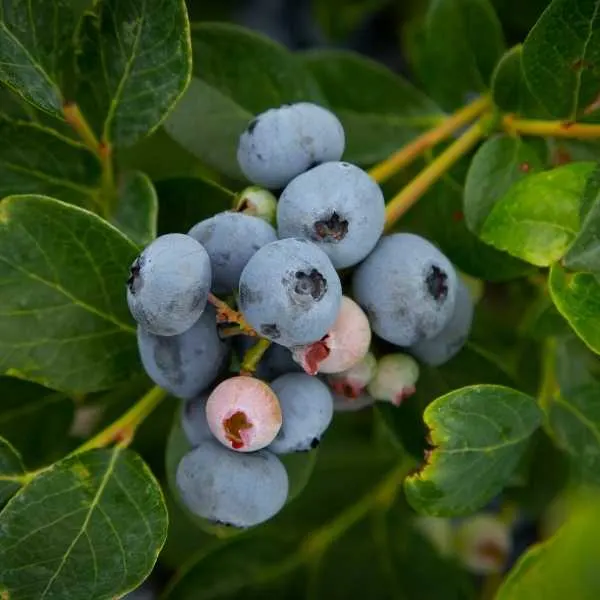
Blueberries and thyme make good companion crops because the thyme attracts honeybees, which will help to pollinate your blueberries and other garden plants.
Crops in the Cabbage Family
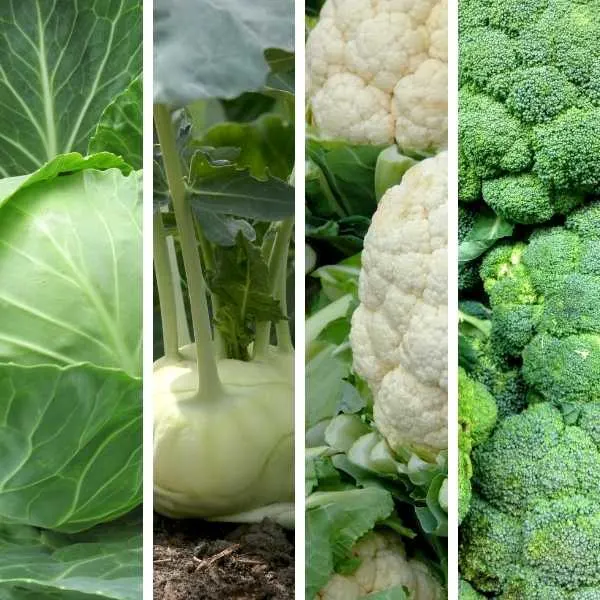
All crops in the cabbage family can benefit from being planted with thyme. Thyme repels such pests as cabbageworms, aphids, cabbage moths, flea beetles and more that can attack such vegetables as cabbage, cauliflower, broccoli, Kohlrabi and other plants in cabbage family.
Lavender
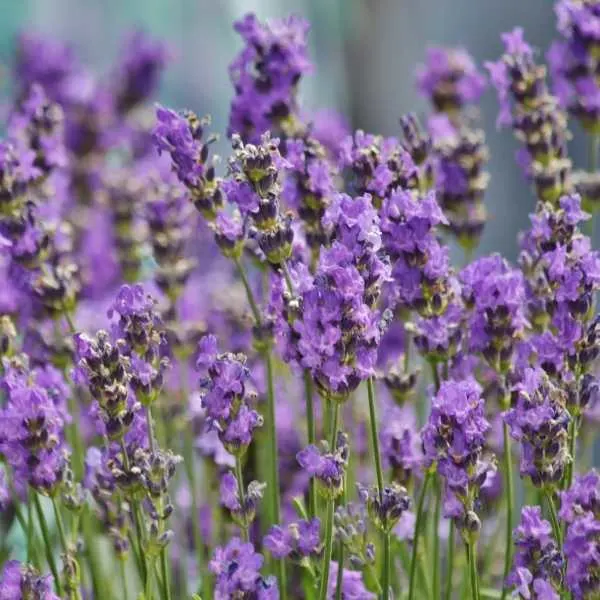
Thyme and lavender are easy herbs to grow together because both of these plants have similar growing requirements.
Other Herbs
Thyme pairs well with other herbs as well including parsley, sage and rosemary.
What Not to Plant with Thyme
While thyme makes a good companion for many vegetables, fruits, flowers and other herbs, there are certain plants that should never be paired with thyme in your garden.
Here a brief look at few of those plants.
Chives – Chives is a plant that requires moist soil, while thyme needs to be grown in drier soil. So, planting these two crops together may result in poor results for both plants.
Basil – Basil is one of the herbs that don’t do well when planted with other herbs. Thyme is one of those herbs that don’t grow well with basil.
Cilantro – Cilantro like chives needs to be grown in moist soil, while thyme needs dry soil to thrive.
Types of Thyme
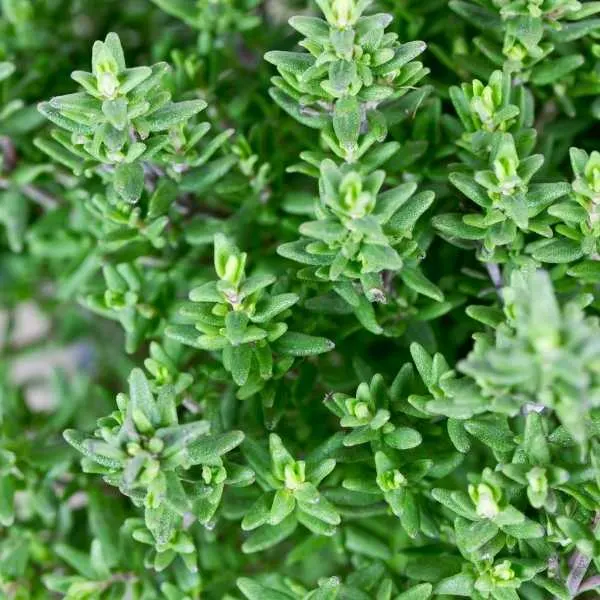
Here is a look at some different varieties of thyme.
Common Thyme
Common thyme is the most popular variety of this herb. It is a dwarf woody evergreen that originates from Southern Europe and Northern Africa.
It’s an extremely fragrant herb that can work as a deterrent to deer and other garden invaders as well as attracts pollinators such as that attracts bees and butterflies. Common thyme is most often used in savory dishes.
Lemon Thyme
Lemon thyme looks a lot like common thyme, but has a pungent lemon scent. This herb can be used in recipes that call for lemon, lemon juice or lemon zest.
It works great with chicken or fish, adds excitement to potatoes, soups and stocks and even makes a perfect addition to baked goods.
Woolly Thyme
Woolly thyme is not as pungent as most other varieties of thyme. This thyme is decorative and is suitable for ground cover.
When grown between the cracks in your stepping-stones, it releases a pleasing scent when trampled upon. This thyme is also used in culinary dishes as well.
Creeping Thyme
Creeping thyme can grow anywhere from 2 to 6 inches tall and makes excellent ground cover for areas of your yard or garden.
This herb has a strong aroma and when the leaves are removed from the stem and crushed they taste like mint. Creeping thyme is also deer resistant and will attract bees.
Wild Thyme
Wild thyme is one of the most abundant of all the varieties of thyme. It grows in several places around the world and is great for making tea.
Elfin Thyme
Elfin thyme lives up to its name. This plant only grows 1 to 2 inches tall and has small glossy leaves and tiny purple or pink flowers. This is low growing creeping thyme that is deer and rabbit resistant.
Final Thoughts on What to Plant with Thyme
Thyme is an aromatic and tasty herb that can be used in a number of different cuisines and dishes. It grows well in most gardens with the right care and makes a wonderful companion to many other plants in your garden.
If you are considering trying companion gardening and want to add fresh herbs to your garden, then thyme is a great herb not only to flavor your food, but to bring benefits to your garden as well.
